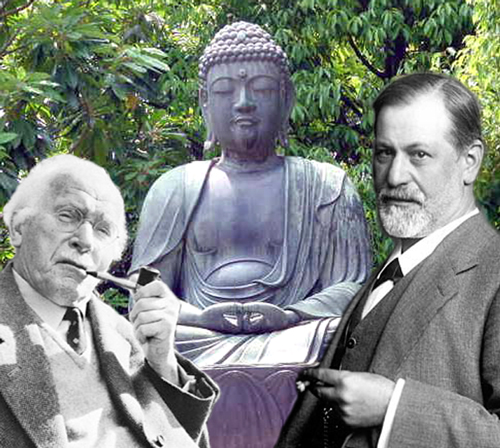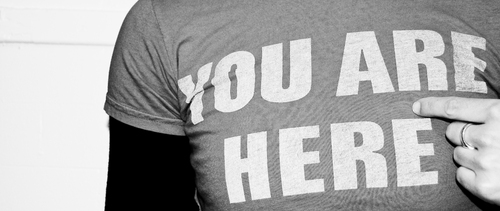Anne Waldman is a towering beat generation poet. She is the co-founder of the Jack Kerouac School of Disembodied Poetics at the Naropa Institute and she is currently the director of the Writing and Poetics program there. In her work, she deals directly with the dharma. Listen to her read her poem “Four Noble Truths” here.
I recently heard Anne give a reading at the Shambhala Center in New York. One particularly performative piece stuck in my mind. She read a “When I Brush My Teeth, I Brush My Teeth” piece–that was not the piece’s title, nor even a line in the poem necessarily, but it was the basic idea–in which she called on the audience to fall into a state of complete absorption in everything we do.
When I breathe, I breathe.
When I type at my computer, I type at my computer.
When I eat a tangerine, I eat a tangerine.
When I pick my fingernails, I pick my fingernails.
That kind of thing. But what I remember more strongly was Anne’s passion. It was affecting. Her performance was imbued with the charismatic fervor of a evangelical preacher. She struck me as someone riding a tantric wave of strong and pure emotion. The lines themselves were repetitive, mantric, ordinary even. But the mood she was injecting into the room was mad and infectious and unsettling…
Here is a Waldman poem I found in a collection of so-called “alternative” poets called “American Poetry Since 1970.”
After Li Ch’ing-chao
drinking strong genmai tea
a purple hairpin slips to the floor
bend downstairs in slithery robe
to telephone beloved far off
meditators sleep under new moon
snow coats lake & mountains
trapped at Seminary 2 more months
face ages around eyelids
slap on creams, paint cheeks
don lacquered comb with painted feathers
discipline is rigorous
to bring the mind back
scent of incense & gong
inspire further practice
“I don’t exists” “All is impermanence”
this haunts me
but I long to clutch my lover’s body
& he sink into me
…
Notice, in classic beat fashion, the ampersand, the numericals “2” (as opposed to “two”), the minimal capitalization, the lack of punctuation, the reference to a great 12th century female Chinese poet. The genmai tea. I like the internal contradiction in the poem between the “”I don’t exist'” line and the fact that the last word in the poem is “me,” leaving the reader with a strong, physical sensation of the poet’s body, a space one could literally “sink into,” and in that way, both a solid, sensual body and a mysterious, alluring emptiness.
But more to the point, what I like about this poem is that it reminds me of how, when I am on retreat, I too “long to clutch my lover’s body.” Meditation makes me feel–what’s the word?– hungry. In that way. Anybody else?

